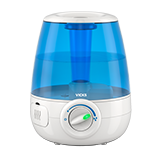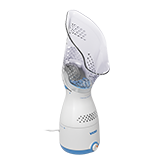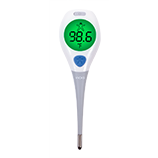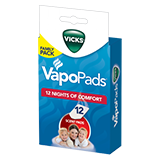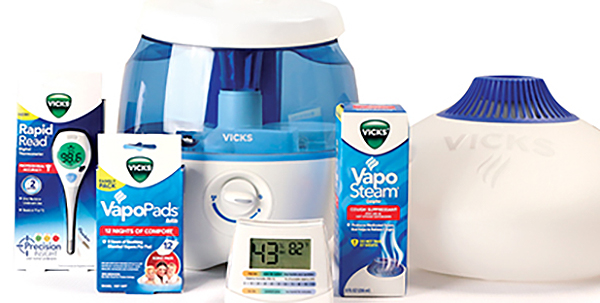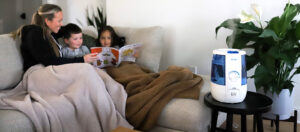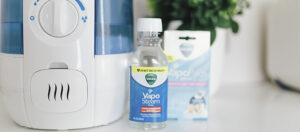Who doesn’t look forward to pleasant spring days after winter’s chill? You might not if you’re allergic to the tree pollen that peppers your part of the country each spring. Summer months can be tough to enjoy if grass pollen triggers your seasonal allergies. And what about fall? One word: ragweed.
Millions of Americans suffer from seasonal allergies (seasonal allergic rhinitis) and deserve relief. So we’ve rounded up facts to shed light on what’s happening inside your body when the sneezing starts and what you can do to ease symptoms. Your comfort matters.
What are seasonal allergy symptoms?
Seasonal allergy symptoms can resemble common cold symptoms and include:
- Sneezing, coughing
- Runny nose, congestion
- Mucus, postnasal drip
- Itchy eyes, nose, mouth, throat
- Tiredness
(Seasonal and perennial allergic rhinitis differ but are often lumped together as hay fever. Perennial allergies are activated year-round by common indoor substances like dust mites and pet dander.)
What causes seasonal allergy symptoms?
When you come into contact with allergens — tree or grass pollens, for example — some people’s immune system may react by cranking out chemical antibodies to defend against the allergen. This reaction results in the symptoms you feel. How threatened your immune system feels determines the severity of your symptoms.
What are the best ways to get relief from seasonal allergy symptoms?
Avoid your allergens
You’re probably familiar with which season’s allergens trouble you most. A simple tactic to spare yourself discomfort is to avoid what triggers you as much as possible.
When you’re indoors, keep windows closed to keep allergens out. After time outdoors, wash up and change your clothes to separate yourself from any allergens clinging to you.
Go online and bookmark a trustworthy site with daily pollen counts for your area. Get familiar with your tolerance level. Be judicious about when you garden or hike. Your goal is to minimize your exposure, not to stay indoors all season.
Ask about over-the-counter and prescription allergy medications
Over-the-counter medications work well for some individuals, while others require prescription medications to cope with seasonal allergy symptoms. A healthcare provider can recommend treatments to help relieve your symptoms.
Humidifiers, vaporizers, and sinus inhalers can help alleviate symptoms.
An indoor environment may increase an allergy sufferer’s discomfort. Air conditioning and heating your house can produce air that dries out nasal passages. Humidity, on the other hand, can provide a soothing effect.
Temporarily increasing your home humidity level to 40-60% will help alleviate nasal congestion by keeping nasal passages hydrated. Vicks humidifiers, vaporizers, and sinus inhalers help relieve allergy symptoms and make the air more comfortable to breathe (which can also lead to more restful, restorative sleep).
A Vicks humidifier or vaporizer used in tandem with Vicks VapoSteam acts as a cough suppressant, while Vicks VapoPads in menthol and lavender scents can add even more comfort and relaxation.
A Vicks Sinus Inhaler is a great way for an individual to target their allergy symptoms. A sinus inhaler is a personal humidifier that directs soothing steam to your nose and throat. The steam’s moisture helps break up congestion, quickly bringing relief that you can feel.
There’s a reason to enjoy every season.
Now you have the inside scoop about what’s happening inside your body during allergy season. And you know ways to soothe yourself and the people you care about. Enjoy the best of what each season offers and do it comfortably!





